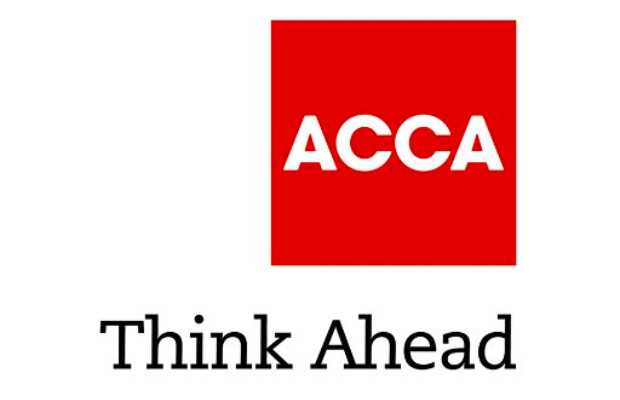Economic confidence drops in Pakistan in Q2 2021

Professional accountants around the world have reported a buoyant return to economic stability in Q2 2021 finds the latest edition of ACCA and IMA’s Global Economic Confidence Survey (GECS).
For Pakistan, the confidence index has dropped between Q1 and Q2 2021 from 31.8 to
17.4, which may be attributable to rising COVID infections, raising fears of restrictions that would hurt domestic activity. In addition, there is a slow rate of vaccination throughout South Asia.
Orders have also declined in Pakistan from Q1 of 9.1 to Q2 -17.4. This is reflected across other South Asia markets, the only region to record a fall in orders in this survey, albeit a modest one.
Sajjeed Aslam, head of ACCA Pakistan, concludes: ‘Looking ahead, health and economic risks are considerable, especially if a vaccine-resistant variant emerges and spreads, forcing renewed lockdown measures with consequent economic harm. On the global and national level, policy-wise it’s important that fiscal support is not withdrawn prematurely, potentially causing a setback to recovery in private demand.’
The global survey has reported an upturn in key global activity indicators, such as orders – the proxy for real economic activity. The biggest gain in Q2 came in North America, powered ahead by a massive US fiscal stimulus.
However, despite this optimism, stark warning signs remain due to wide regional variations in confidence, with large increases across Europe, contrasting with significant falls in the Asia Pacific and South Asia including Pakistan. As a result, ACCA and IMA ask governments and policymakers to ensure this divergence does not grow.
GECS is the largest regular economic survey of senior accountants and finance professionals from around the world, and consistently captures the true scale of the global recession caused by the coronavirus pandemic, tracking the drop in confidence since the beginning and a new outlook in confidence triggered by the combined effects of vaccines and the fiscal stimulus.






